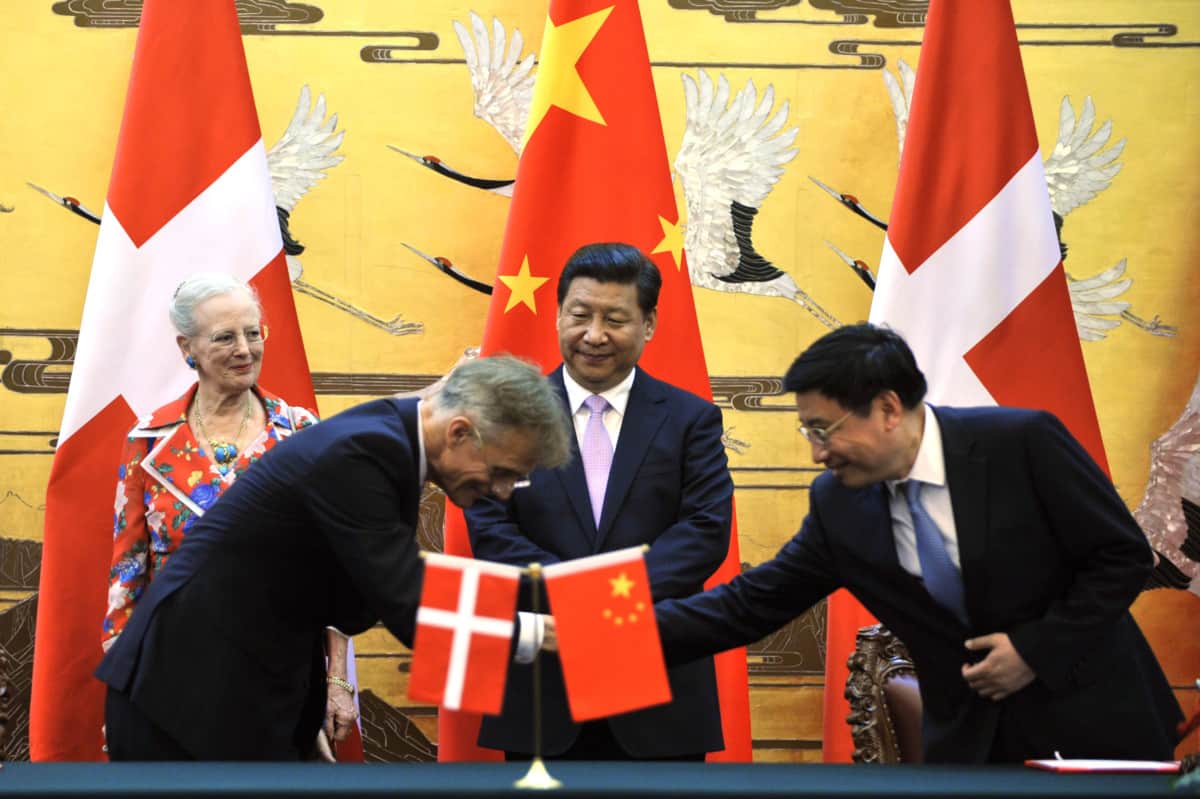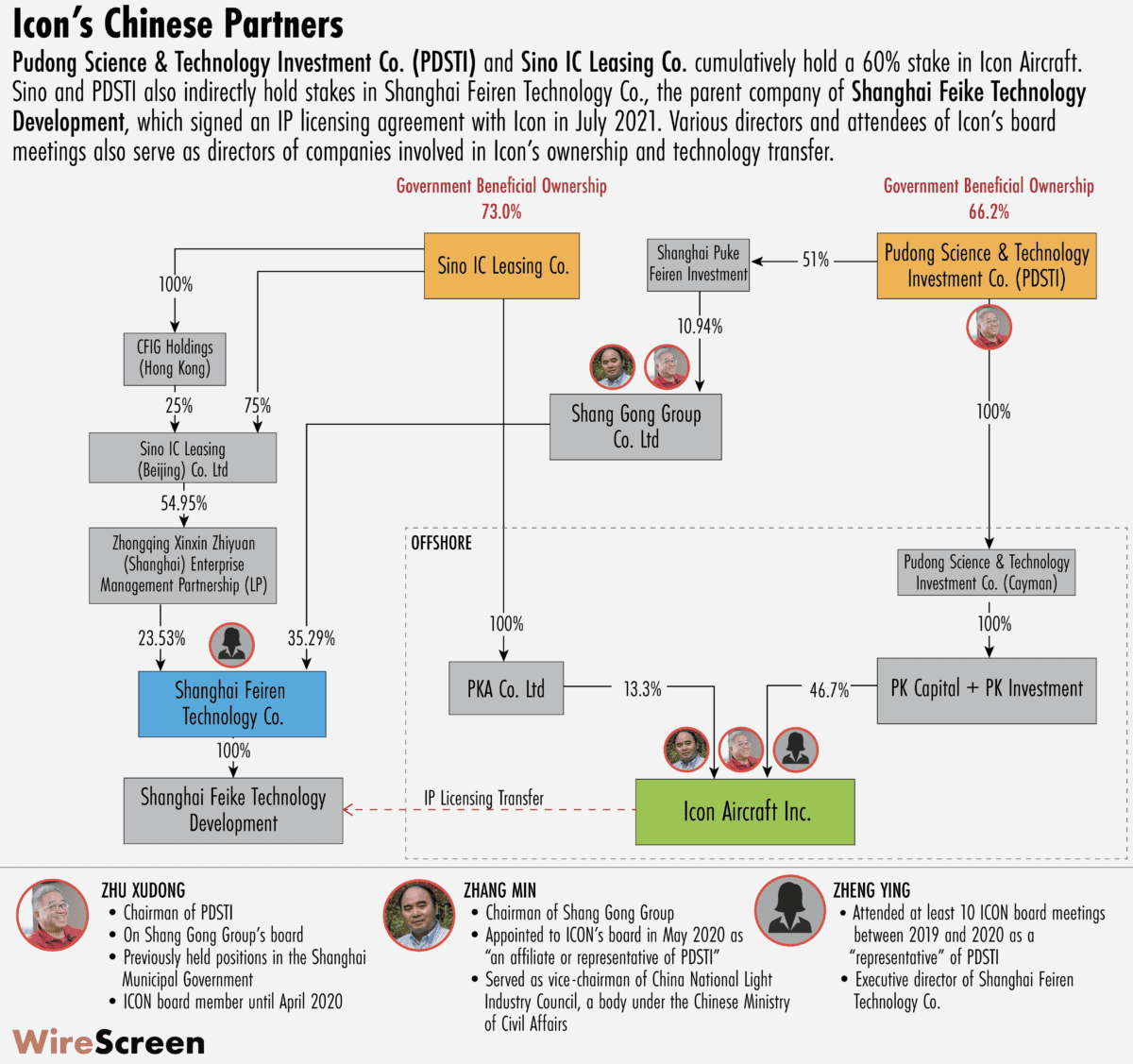Good evening. It’s not news that global public opinion on China has soured, but it is interesting to see how this shift is playing out on the ground, such as when a local politician in Denmark gets elected thanks to his platform of ending cooperation with China. Our cover story this week takes a closer look at incidents like this and what the growing pushback against China’s economic coercion is starting to look like. Elsewhere, we have infographics on the dispute between Icon Aviation and its Chinese investors; an interview with Chen Qiufan on science fiction as a weapon of storytelling; a reported piece on how China’s metaverse could differ from the rest of the world’s; and an op-ed from Clyde Prestowitz on why decoupling is the only answer. If you’re not already a paid subscriber to The Wire, please sign up here.
Want this emailed directly to your inbox? Sign up to receive our free newsletter.

Confronting Coercion
For years, China’s economic coercion was subtle, selective…and wildly successful. But today, with Xi Jinping’s more boisterous style, many western democracies are both tired of being bullied and encouraged by the resilience of recent targets of China’s ire, such as Canada and Australia. For our cover story this week, Luke Patey reports on what a collective pushback to China’s economic coercion could look like — and why the possibility for action seems more likely than ever.

The Big Picture: Icon-ic Dispute
For flying enthusiasts, Icon Aviation’s $300,000 A5 plane looks like a dream toy. But for some of Icon’s minority shareholders, it looks like the next victim of Chinese tech transfer thanks to the company’s biggest investor, China’s state-owned Shanghai Pudong Science and Technology Investment Co. (PDSTI). This week, The Wire’s infographics by Eliot Chen look at the dispute over Icon Aircraft, examining PDSTI’s background and its investments in the company.
A Q&A with Chen Qiufan

Stanley Qiufan Chen is an award-winning science fiction writer, translator, and columnist. He has written more than 100 stories as well as two books. His most recent book, AI 2041: Ten Visions For Our Future, is a collection of stories that explore how AI will impact our everyday lives, and was co-authored with Kai-Fu Lee, computer scientist and former president of Google China. Chen has also worked for Baidu, Google, and Noitom Technology, a VR startup. In this week’s Q&A with Jordyn Haime, he talks about science fiction as a weapon of storytelling, why technology is the only valid tool we have right now, how sci-fi is becoming too conservative as a genre, and China’s big data advantage.
Chen Qiufan
Illustration by Lauren Crow

China’s Metaverse: The Great Firewall 2.0?
China has joined the global race to develop the metaverse, but the growing interest inside China is causing regulators’ antennae to twitch. As Anastasiia Carrier reports this week, from China’s precedents in the gaming industry to its approach to cryptocurrencies, the Chinese version of the metaverse could end up looking very different from the one envisioned by Western companies.

De-Coupling is the Only Answer
In this week’s op-ed, Clyde Prestowitz, founder and president of the Economic Strategy Institute, argues that American and other free world leaders should get serious about restructuring global and regional supply chains. From Intel’s recent apology to China, to Apple’s very different handling of privacy issues in both the U.S. and China, Prestowitz says many ‘American’ corporations are already quasi-Chinese — and it’s time for policymakers to face up to this reality.
Subscribe today for unlimited access, starting at only $19 a month.



